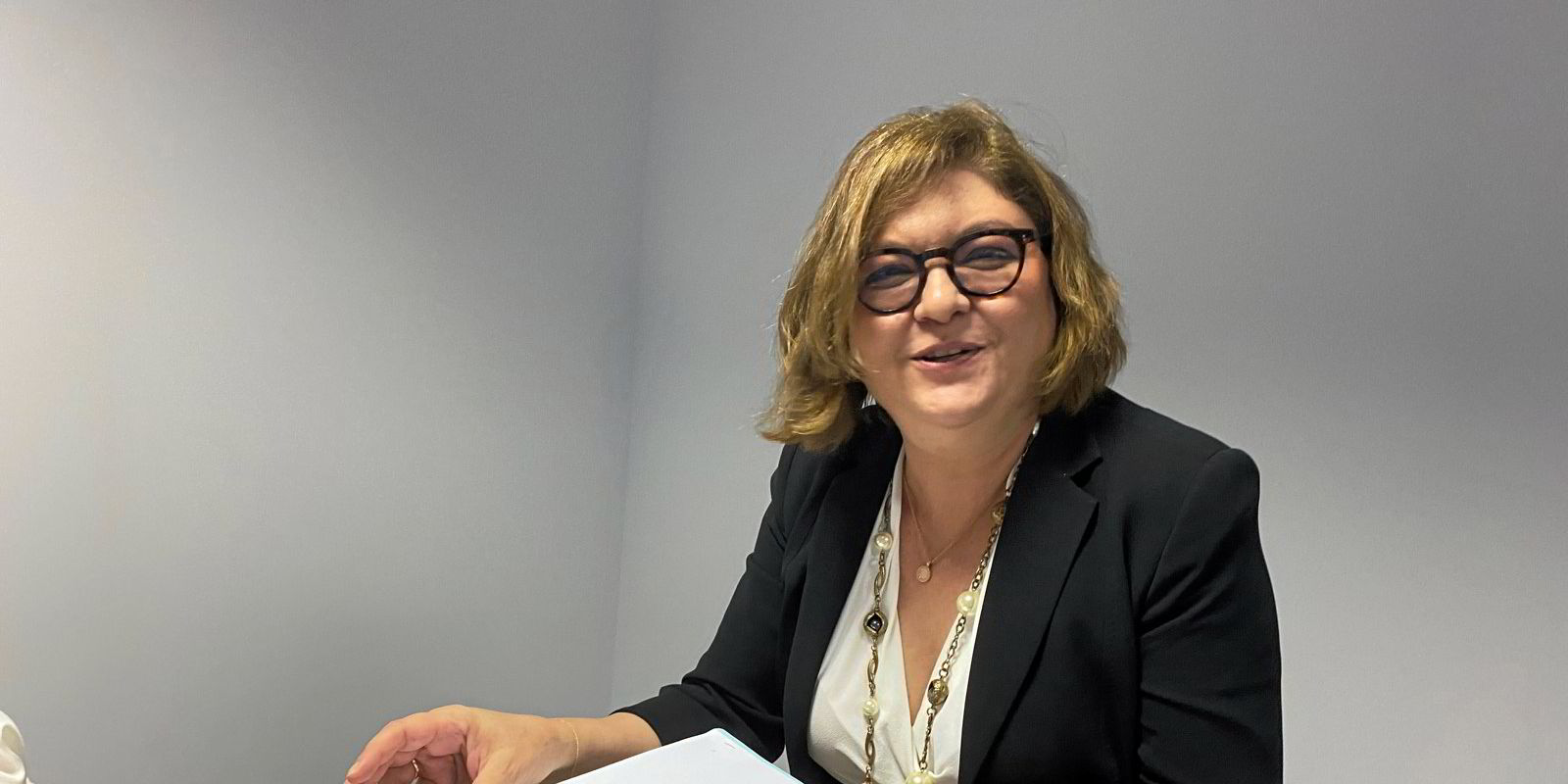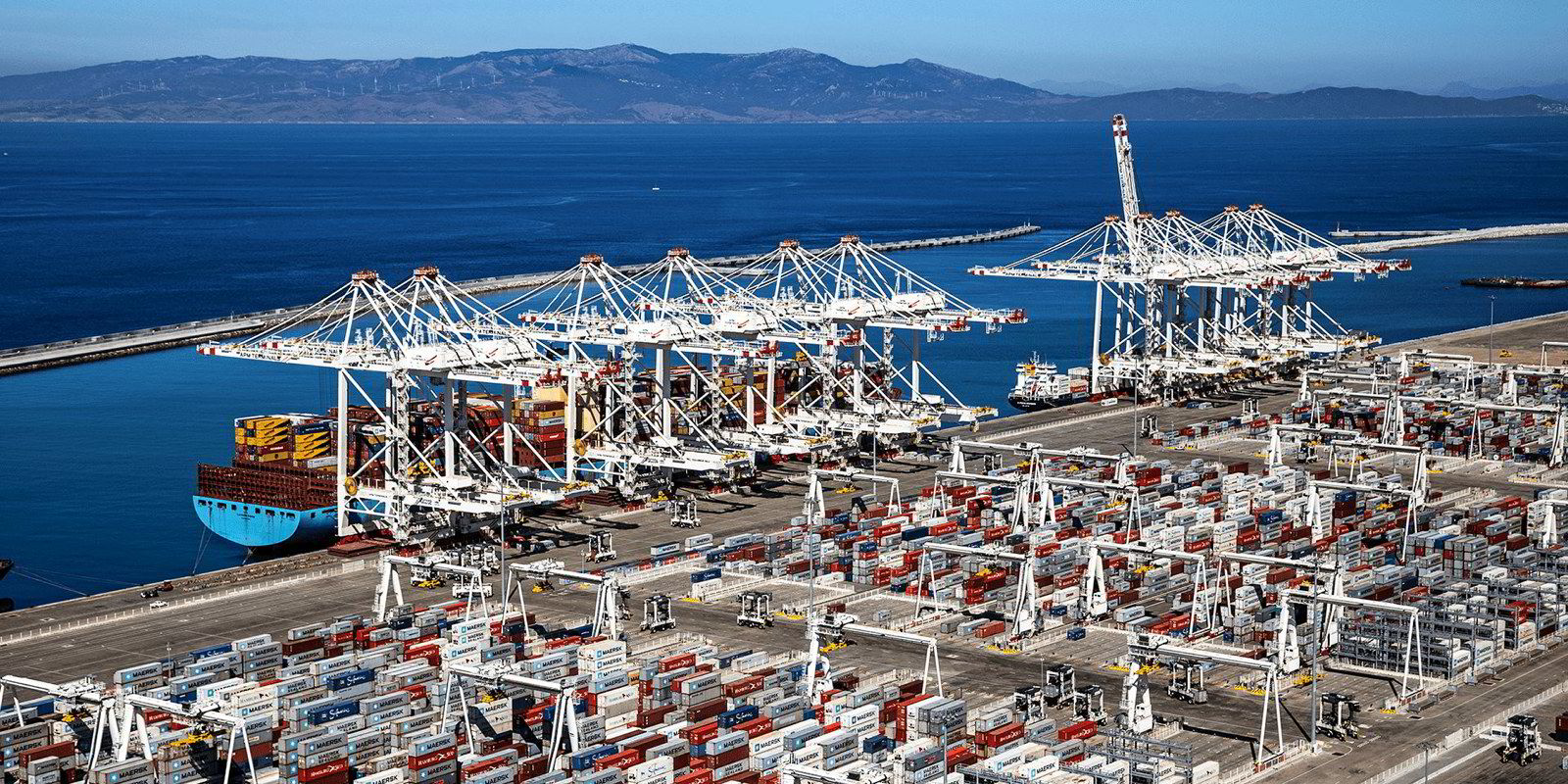The European Commission and Scandinavian countries rejected on Monday a request by southern nations to defer shipping’s entry into the Emissions Trading System (ETS).
As TradeWinds reported, seven member states on the Mediterranean rim asked the European Commission in a letter dated 27 October to revise those aspects of the ETS that they fear will hurt the bloc’s ports.
At a meeting of European Union national ministers on Monday, some of these countries went one step further, formally asking Brussels to defer implementation or introduce exemptions to the ETS to protect their terminals from unfair competition.
Shipping is scheduled to enter the scheme on 1 January, but Italian infrastructure & transport minister Matteo Salvini said: “We need time … a stop-the-clock approach, a moratorium on the application of the ETS.”
Portugal’s representative speaking at the council beat the same drum: “We … propose to the commission to look at transitional periods [and] a specific clause of moratorium.”
Southern countries are concerned that the ETS will cause shipowners and managers to shift operations from EU ports that are liable to the carbon tax to non-EU ports in Africa and the Middle East that are not.
The current ETS law includes provisions to prevent this, mainly by including non-EU ports within 300 nautical miles (556 km) of the bloc in the ETS’ scope.
Salvini, however, said this is not enough.
“We need a different instrument than the famous 300-mile rule,” he said on Monday.
‘We’ll monitor and we’ll see’
Answering the ministers’ comments at the Brussels meeting, EU transport commissioner Adina Valean did not endorse the idea of a moratorium, pledging instead to closely monitor the implementation of the ETS to avoid carbon leakage.
“We’ll continue to monitor, to gather data and we’ll see,” she said, pointing to the ETS’ in-built revision mechanism under which the EC monitors and reports on its implementation every two years from 2024.
Ministers from northern Europe also expressed opposition on Monday to deferring full implementation of the scheme.
“We should not reopen the discussion,” said Swedish infrastructure minister Andreas Carlson, arguing that the impact on ports had already been debated when shipping’s inclusion was decided last year.
The EU should seek instead to level the playing field by pushing the International Maritime Organization to adopt similar measures, he said.
To appease southern Europeans, however, the commission will probably seek to extend the measure’s exterritorial reach.
At the moment, just two non-EU ports are included in the measure’s scope — Tanger Med in Morocco and East Port Said in Egypt.
The list will most likely become longer.
“We have already hints that maybe other [ports] should have been looked at from the very beginning. We’ll pay special attention to those raised by some member states and gather data and monitor the situation and let you know,” Valean said.






